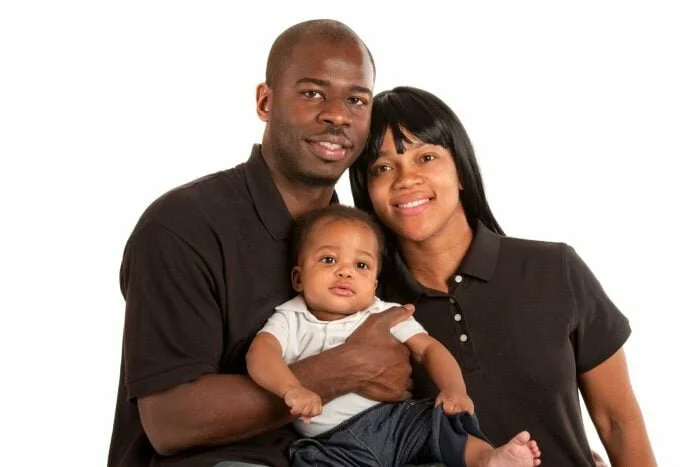Is your baby suddenly refusing to eat food? Do you have to force your little one to eat, after which she throws up everything you fed her?
If your answer to these questions is yes, your little one might be suffering from a loss of appetite. How then do you identify if your baby is really suffering from loss of appetite?
When your baby is suffering from a loss of appetite, she will be irritated, drool, develop a rash, vomit often, coughs a lot, and won’t even eat her favorite foods. If you don’t know the causes of loss of appetite in your kid, it might be a major cause for concern. Learn the 6 causes of loss of appetite in babies;
1. Teething
Most babies lose appetite when they are teething, as teething is one of the main causes of low appetite in babies. Your baby may be uncomfortable and in pains, she may be suffering from fever and/or develop a rash when her teeth comes out. She might stop eating food and vomit a lot.
2. Intestinal Worms
Your baby is vulnerable to all sorts of health problems like intestinal worms and parasites. Intestinal worms can lead to diarrhea, vomiting, and loss of appetite. If you notice these symptoms, seek medical assistance.
3. Excess Water
If you’re breastfeeding and you still give excess water to your baby, the water may fill up your baby, causing her to lose appetite. Your baby has a tiny stomach, and the water in your breast milk and other liquids are enough to satisfy her fluid requirements. Don’t force your baby to drink water in excess, as this might lead to loss of appetite.
4. Sickness and weakness
Your baby might be reluctant to eat if she’s sick and weakened from the sickness. Fever, blocked nose from cold, cough and stomach ache can make your baby lose appetite.
5. Overheating
Excess of heat can irritate her and make her sweat, vomit, have a stomach ache, and rashes. And which may her refuse to eat, if her condition doesn’t improve, consult a physician. Too much heat can cause loss of appetite for your little one.
6. Introduction Of Solid Foods
Your baby has been consuming more of milk and liquids, when you finally introduce solid foods to your baby, she may not eat for some days or even weeks. Your baby needs some time to adjust to chewing foods and liking solid foods, but in the meantime, she may not eat much.
Other things that might cause loss of appetite in babies include; anemia, sore throat, growth changes, and vaccination.
Word of advice Mamalette, if your baby is stooling, vomiting, having rashes, diarrhea and any other symptom coupled with a loss of appetite, see your doctor immediately for medical attention. Your baby is losing water and not retaining any, not treating this may be dangerous.













